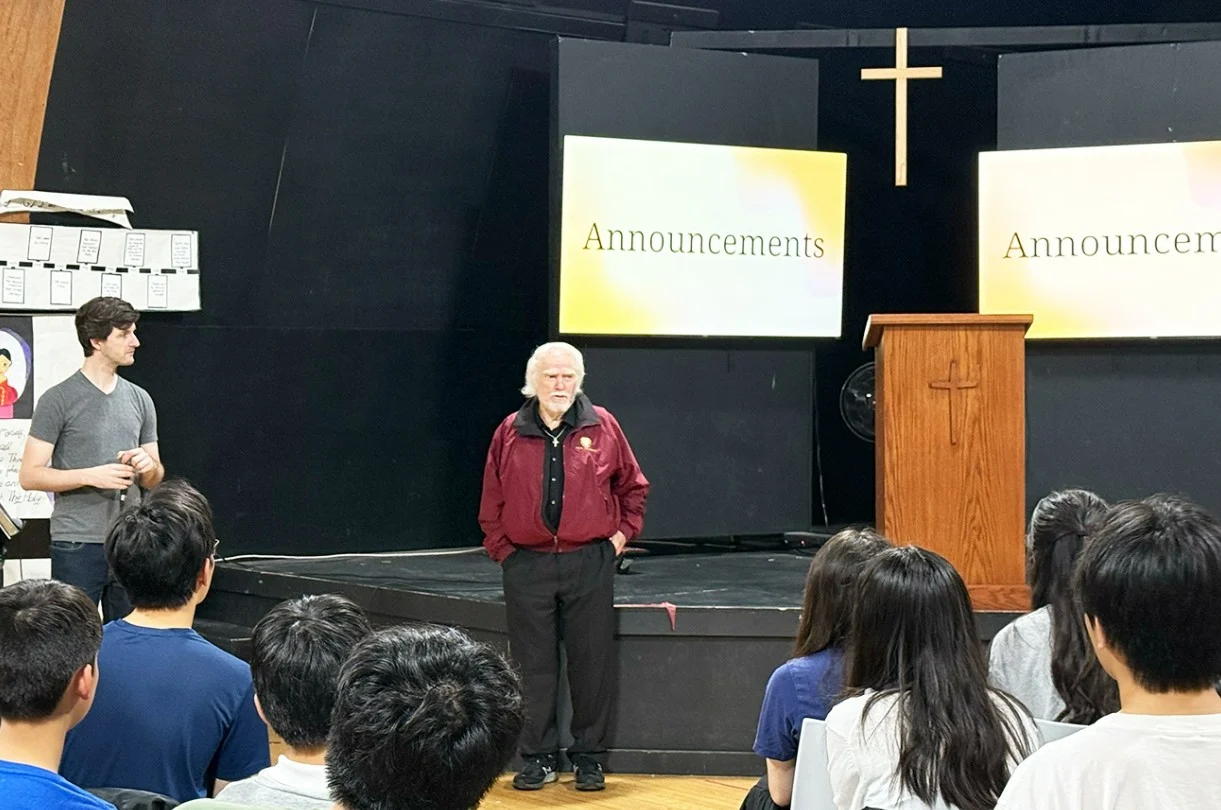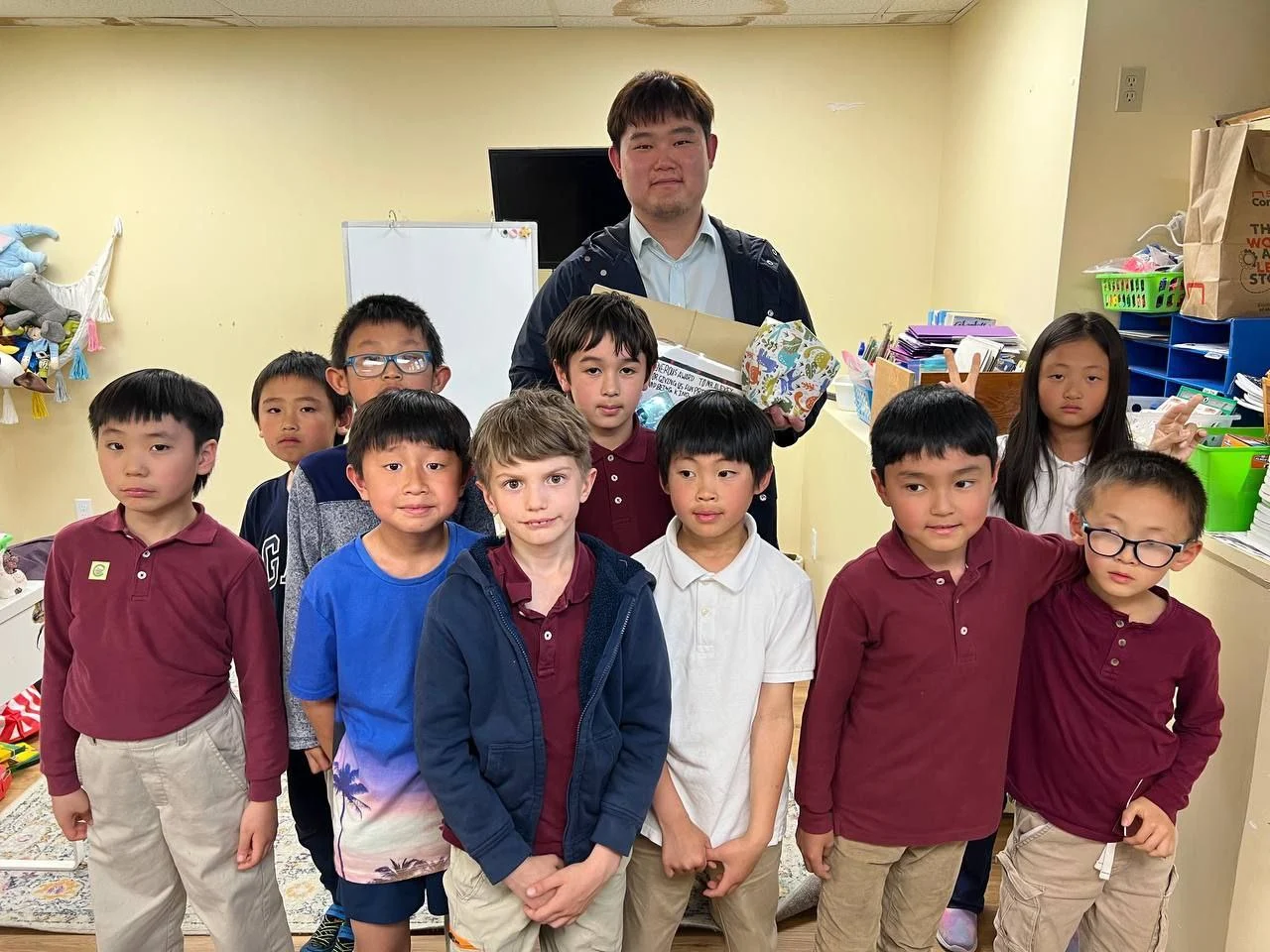June 24, 2024, 8:30 a.m. ET
The high school Chinese class’s end-of-year project offers a unique way to reinforce the vocabulary and conversation skills taught in the school year through a simulated tea house experience. This engaging project aligns with the objectives of the unit on Chinese food and provides practical language practice in a fun and interactive setting.
The project was conducted in three phases to prepare students for the final day of running their Chinese Tea House(茶餐厅).
Stage 1: Designing the Tea House Menu
Students create an authentic tea house menu featuring various types of tea and snacks. This task helps reinforce the vocabulary related to food and beverages they’ve learned in the unit.
Stage 2: Conducting a Market Survey
Students conduct a market survey to understand customer preferences. This stage provides real-world language practice by utilizing the language pattern they’ve learned, such as asking”Do you like to drink/eat …? “(你喜欢喝/吃 … 吗?or你喜不喜欢 …? )
Stage 3: Tea House Day
Tea House Day is the project’s culmination, where each group sets up their tea house
booth on separate days, with a 15-minute in-class session to run their tea house.
Key activities include:
- Setting Up the Tea House Booths: Students dedicate a part of the classroom to resemble a tea house, creating an authentic atmosphere.
- Role-Playing as Customers and Servers: Students take turns being customers and servers, practicing ordering food, using courtesy expressions, discussing prices and quantities, and making purchases in Chinese.
- Selling and Serving: The project requires students to speak Chinese only. A translator is provided for English-speaking customers outside class, ensuring inclusivity and allowing students to practice bilingual skills.
The class invited many students and teachers from the middle and high school to participate in the project as customers. The international students from China were excited to use their mother language to support their fellow students while enjoying a cup of delicious milk tea.
The simulated tea house experience is an innovative way to practice Chinese vocabulary and communication skills. May the language program at OAc Amenia continue to engage students in projects that improve their language abilities, gain cultural insights, and foster teamwork and creativity.







